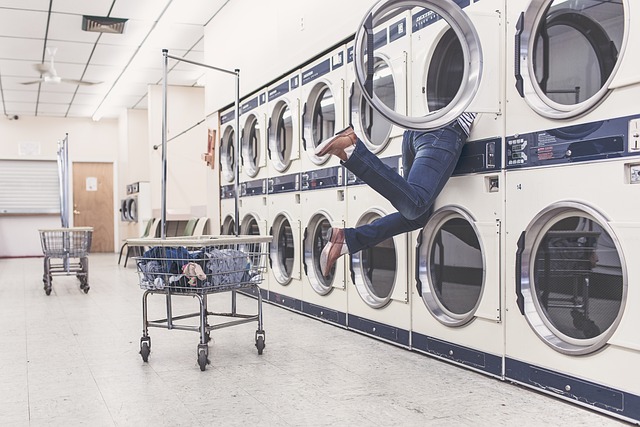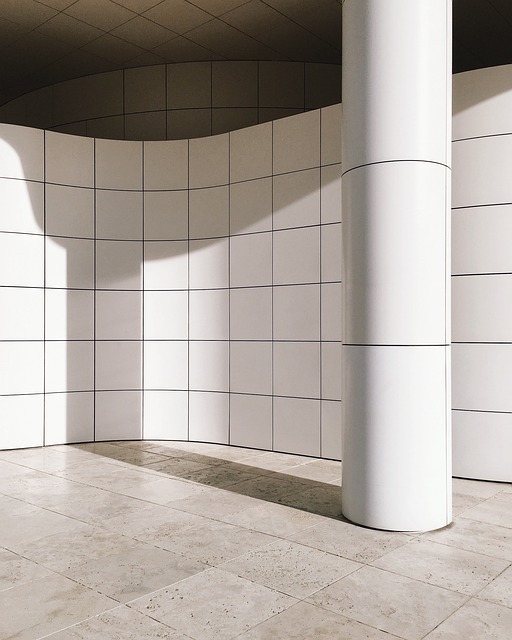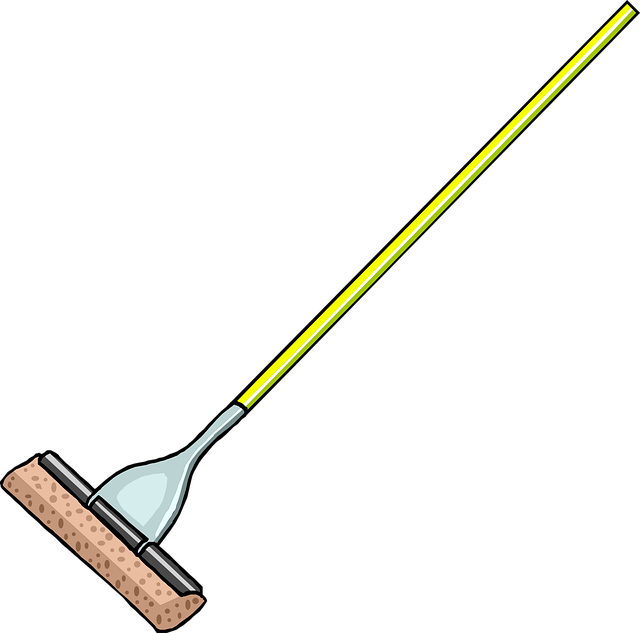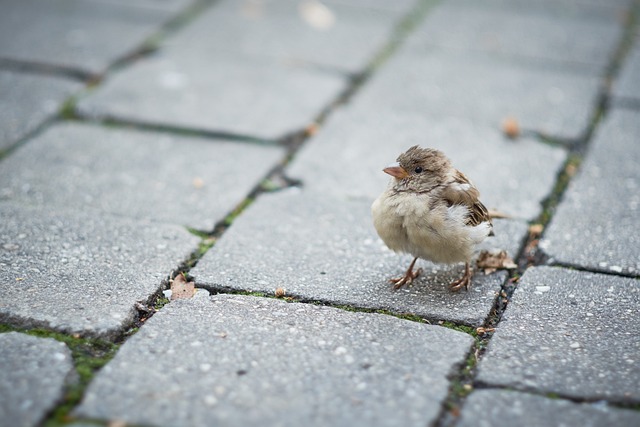In Denver's humid climate, regular tile floor cleaning with professional-grade cleaners and equipment prevents mold growth on kitchen tiles. Daily vacuuming, using rental equipment, regrouting services, and deep disinfection of grout are essential. Natural preventative measures include optimal humidity control and non-toxic cleaners. For severe or recurring mold issues, consult a Tile Floor Cleaning Denver professional to safely eliminate deep-seated mold.
In Denver’s humid climate, understanding and preventing mold growth on tiled surfaces is paramount for maintaining healthy living spaces. This comprehensive guide delves into effective strategies tailored to Denver kitchens, focusing on regular cleaning routines for tile floors and efficient grout disinfection methods. We explore natural preventative measures and provide insights on when to enlist professional cleaner services for optimal tile floor cleaning in Denver.
- Understanding Mold Growth in Denver Kitchens
- Regular Cleaning Routines for Tile Floors
- Effective Tile Grout Disinfection Methods
- Natural Preventative Measures Against Mold
- When to Call a Professional Cleaner
Understanding Mold Growth in Denver Kitchens

In Denver’s humid climate, kitchens often present ideal conditions for mold growth. Moisture from steamy showers, spills, and cooking can accumulate in corners and crevices, especially on tiled surfaces. Without proper care, this creates a fertile ground for mold spores to thrive. Understanding these growth patterns is the first step towards prevention.
Regular cleaning with professional-grade tile cleaners Denver residents trust plays a pivotal role. Using rental tile cleaning equipment Denver offers, you can deeply penetrate these hidden spaces. It’s important not to overlook wall tiles Denver as they, too, require regular attention. By adopting these measures, you disrupt the mold life cycle, ensuring your kitchen remains a healthy and safe environment.
Regular Cleaning Routines for Tile Floors

Maintaining clean and mold-free tile floors in Denver is a regular cleaning routine that involves more than just mopping. To prevent mold growth, it’s essential to establish a consistent schedule for deep cleaning your tiled surfaces. Start by vacuuming or sweeping your floors daily to remove loose dirt and debris. This simple step significantly reduces the risk of moisture buildup, which molds thrive upon.
For thorough tile floor cleaning Denver, invest in rental tile cleaning equipment Denver that can tackle tough stains and grime effectively without causing damage. Regularly washing your floors with a gentle yet effective cleaner, followed by rinsing and drying, creates an environment unconducive to mold growth. Additionally, keep an eye out for any signs of water damage or leaks, as these can encourage the development of mold and mildew. Regular regrouting Denver services can also help maintain the integrity of your tiles, preventing them from absorbing moisture that could lead to mold issues.
Effective Tile Grout Disinfection Methods

To effectively prevent mold growth on tiled surfaces in Denver, proper disinfection of tile grout is paramount. Mold thrives in dark, damp environments, making grout a prime target. Regular tile floor cleaning Denver methods should include deep disinfection using powerful yet safe chemicals designed to kill mold spores. Consider using anti-mold treatments specifically formulated for grout, which can create an impenetrable barrier against future growth.
Beyond standard tile floor cleaning Denver practices, explore innovative options like LVP flooring Denver or outdoor carpet Denver for areas prone to moisture buildup. These alternatives offer enhanced water resistance, reducing the likelihood of mold infiltration. While laminate flooring installation Denver might not be a direct solution for grout disinfection, its durability and low-maintenance properties contribute to a healthier indoor environment by minimizing the need for frequent cleaning and chemical exposure.
Natural Preventative Measures Against Mold

Natural preventative measures can play a significant role in keeping mold at bay on tiled surfaces in Denver homes and commercial spaces. One effective strategy is to maintain optimal humidity levels. Mold thrives in damp environments, so controlling moisture is key. Regular ventilation, especially in areas prone to water accumulation like bathrooms and kitchens, helps reduce humidity. Additionally, using fans during and after showering or cooking can further mitigate excess moisture buildup.
Proper tile floor cleaning Denver professionals recommend is another natural defense. Using non-toxic, mold-inhibiting cleaners and regularly vacuuming or sweeping floors to remove any visible debris or spore deposits can prevent mold growth. For added protection, consider using LVP flooring Denver or vinyl sheet flooring Denver, which are resistant to moisture and known for their low-maintenance properties. These options, coupled with effective tile cleaning practices, create an inhospitable environment for mold to thrive in.
When to Call a Professional Cleaner

If mold has already taken hold on your tiled surfaces, it may be time to call in a professional cleaner. While minor mold issues can often be addressed with over-the-counter cleaning solutions and proper DIY techniques, extensive or recurring mold problems require specialized knowledge and equipment. A professional tile floor cleaning Denver service will have the expertise and resources to safely and effectively remove deep-seated mold, ensuring it doesn’t return.
Visual tile transformation Denver isn’t just about aesthetics; it involves addressing a potential health hazard. Mold thrives in dark, damp spaces, often found behind walls or under floors, making it difficult to spot and clean. Professionals use advanced techniques like moisture detection tools, specialized cleaning solutions, and high-powered extraction equipment to tackle these hard-to-reach areas. Regular maintenance, including how to clean tile floors Denver, is key to preventing future mold growth, but for severe cases, don’t hesitate to contact a reliable cleaner.
Preventing mold growth on tiled surfaces in Denver involves a combination of proactive cleaning, effective disinfection methods, and natural preventative measures. By understanding the specific conditions that foster mold growth in Denver kitchens and implementing regular cleaning routines, you can significantly reduce the risk. For deep disinfection, explore tile grout infection methods tailored to your needs. If mold already exists or persists despite your efforts, consider reaching out to a professional cleaner for expert assistance with tile floor cleaning Denver.
